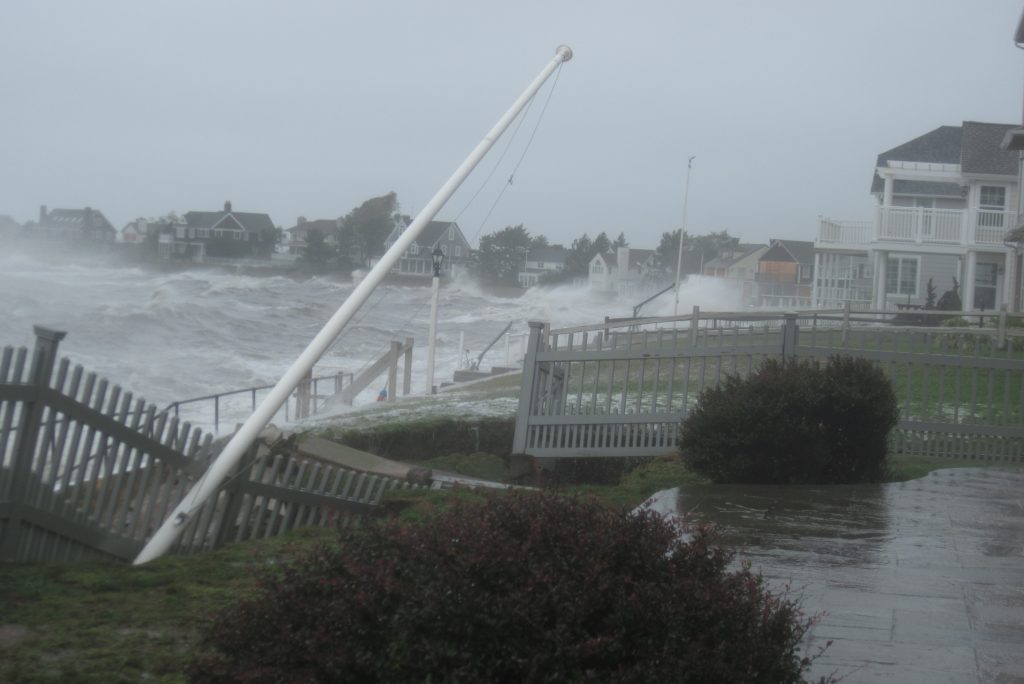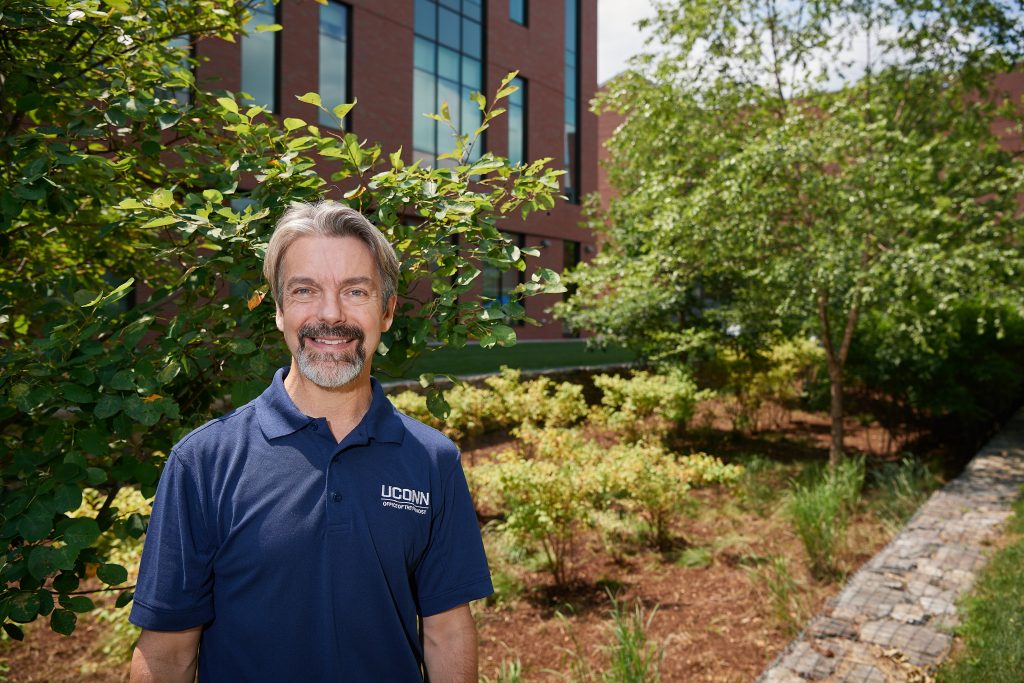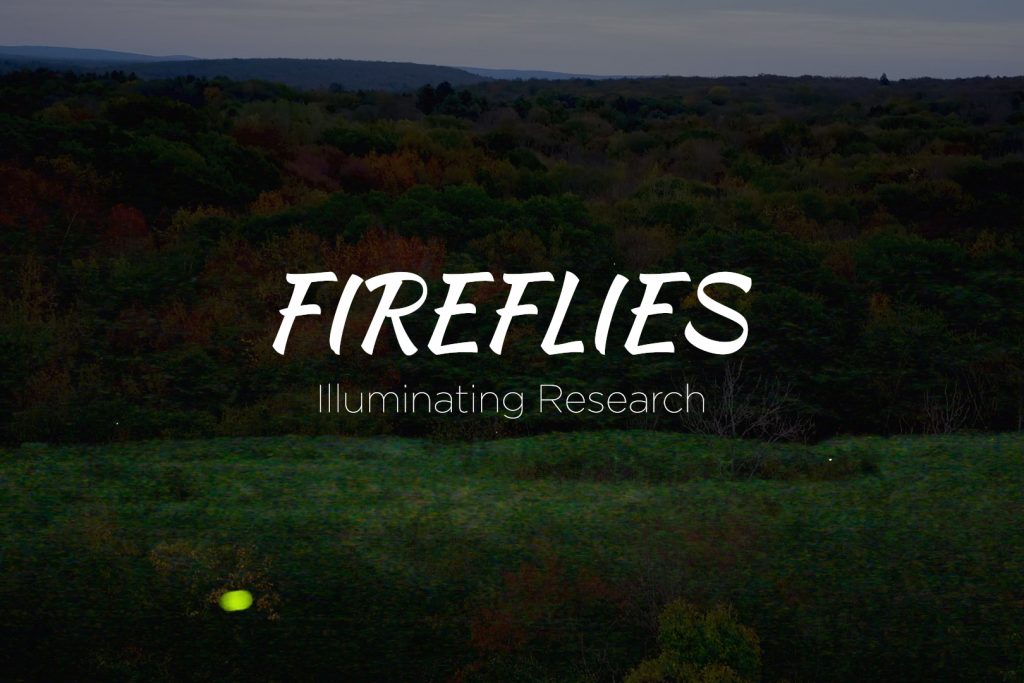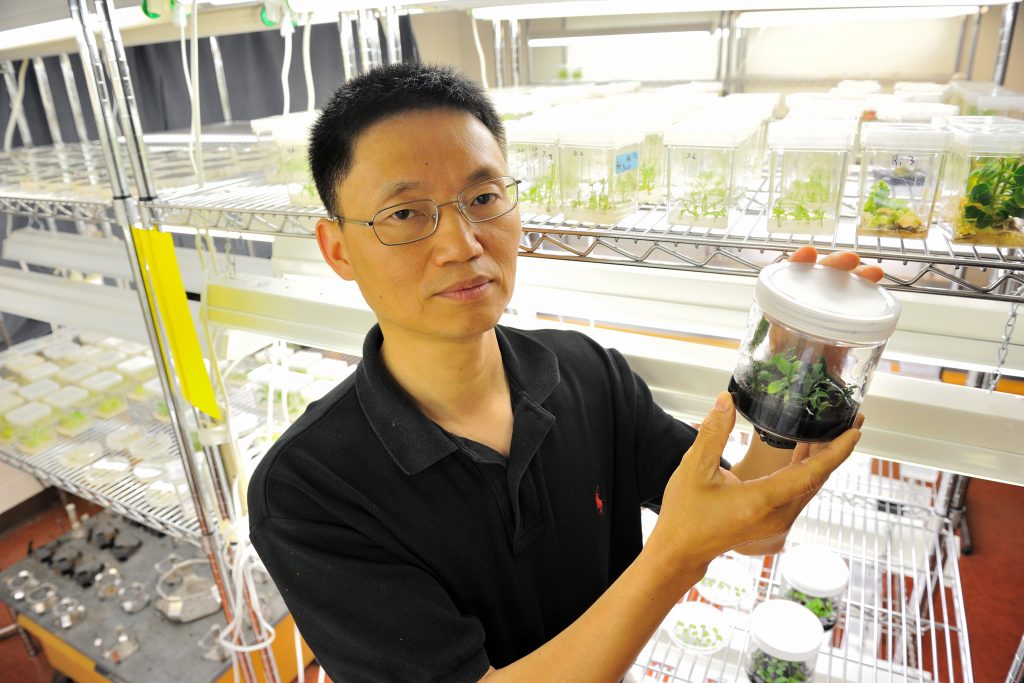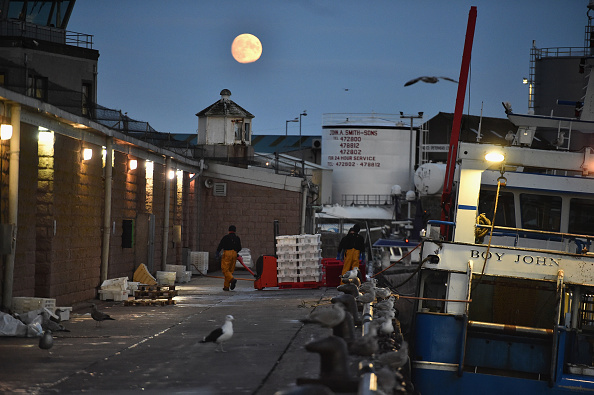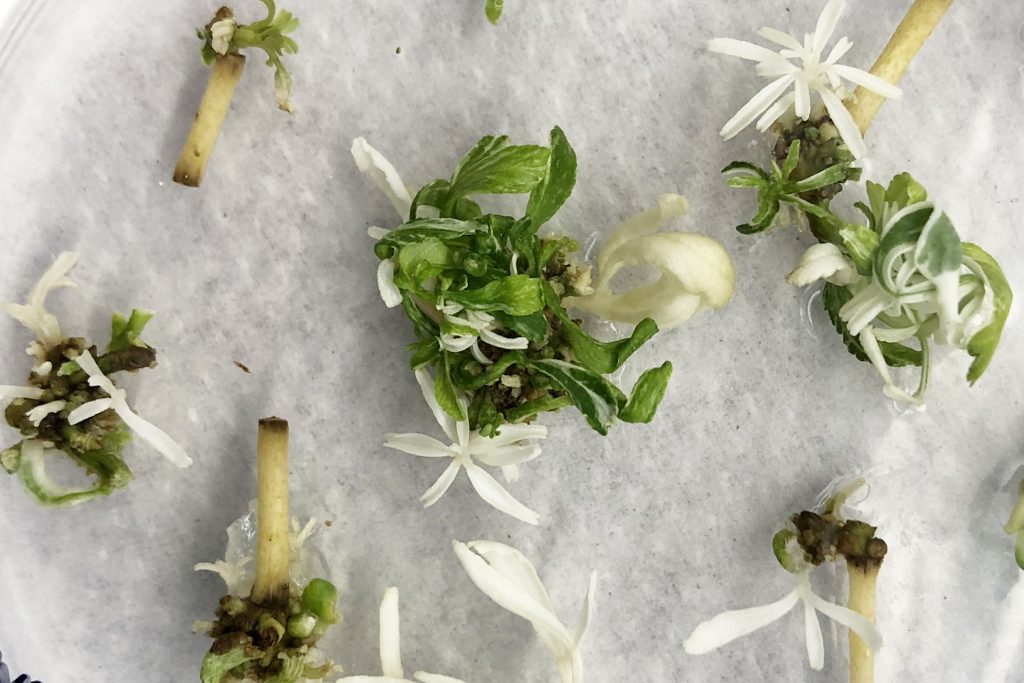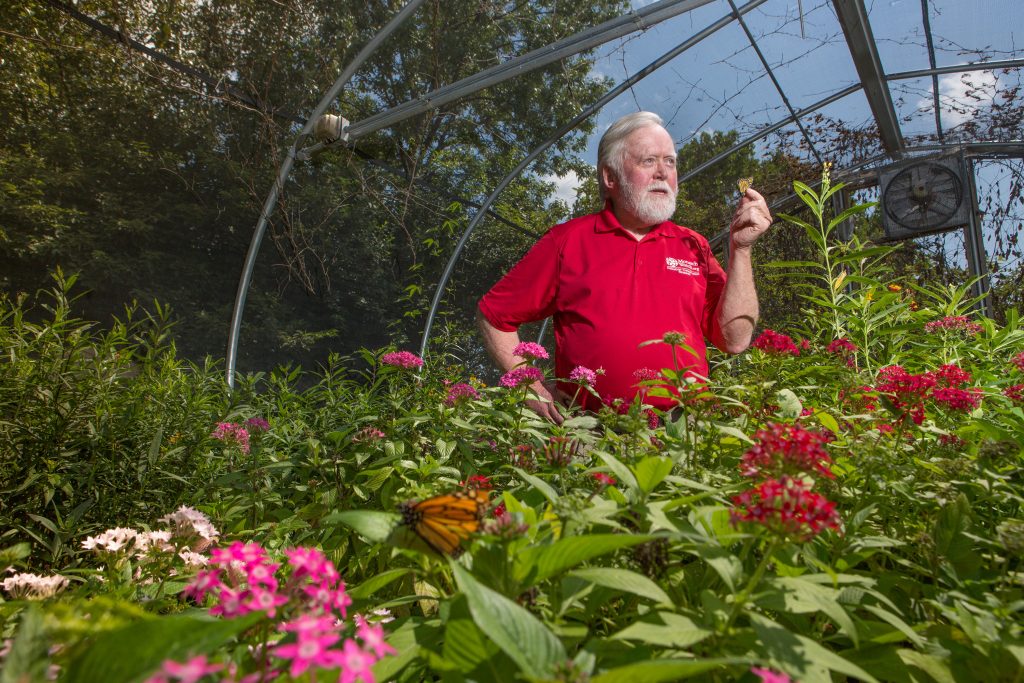Sustainability
From Cradle to Grave: Model Identifies Factors that Shaped Evolution
The study, published today in Science, brings us closer to knowing the complex interactions between topography and climate change, and how these factors influence the evolutionary histories.
July 19, 2018 | Elaina Hancock
$8 Million Grant to Increase Connecticut’s Coastal Resilience
UConn will lead development of a framework for resilience planning and preparation for Connecticut cities and towns.
July 17, 2018 | Jessica McBride, PhD
Working Toward Sustainable Solutions
Introducing a new series about UConn environmental research, vice provost John Volin says the political focus on climate change often overshadows important issues of environment and sustainability.
July 12, 2018 | John Volin, vice provost for academic affairs
Fireflies: Illuminating Research
UConn neurobiologist Andrew Moiseff is delving into the life cycle of the firefly outside of the three to six weeks when the adults light up summer evenings.
July 2, 2018 | Elaina Hancock & Angelina Reyes
Misleading Marketing Fuels Bottled Water Consumption
A UConn study shows people form their ideas largely based on marketing messages that tout the health benefits of drinking bottled water over tap water.
June 29, 2018 | Kenneth Best
UConn Researcher Weighs in on USDA and GMOs
Plant science researcher Yi Li weighs in on USDA's recent statement on GMOs, and describes a new technique his team developed that uses gene-editing technology without introducing foreign genes, so the end-product is considered non-GMO.
June 19, 2018 | Elaina Hancock
Scientists are Using DNA to Study Ocean Life and Reveal the Hidden Diversity of Zooplankton
'Except for scientists who study them, few people are aware that marine zooplankton are among the most numerous – and important – animals on Earth,' says marine sciences researcher Ann Bucklin.
June 18, 2018 | Ann Bucklin, Department of Marine Sciences
Food Decisions Can Reduce Greenhouse Emissions, Study Says
A new UConn study finds that if Americans direct their food purchases away from meats and other animal proteins, they can help reduce greenhouse gas emissions.
June 7, 2018 | Daniel P. Jones, UConn Rudd Center
These CRISPR-modified Crops Don’t Count as GMOs
Plant science professor Yi Li discusses a strategy for editing the DNA of plants that holds promise of countering a devastating citrus disease and creating easy-to-maintain lawns.
May 23, 2018 | Yi Li, Department of Plant Science
Saving the Monarch
Monarch numbers have plummeted 90 percent. Plant some milkweed, says Chip Taylor ’66 MS, ’70 Ph.D.
May 18, 2018 | Andrew Faught

